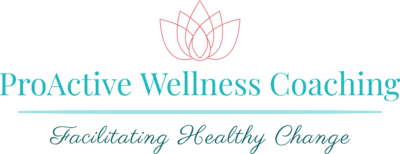
Sodium Got You Feeling ... Salty?
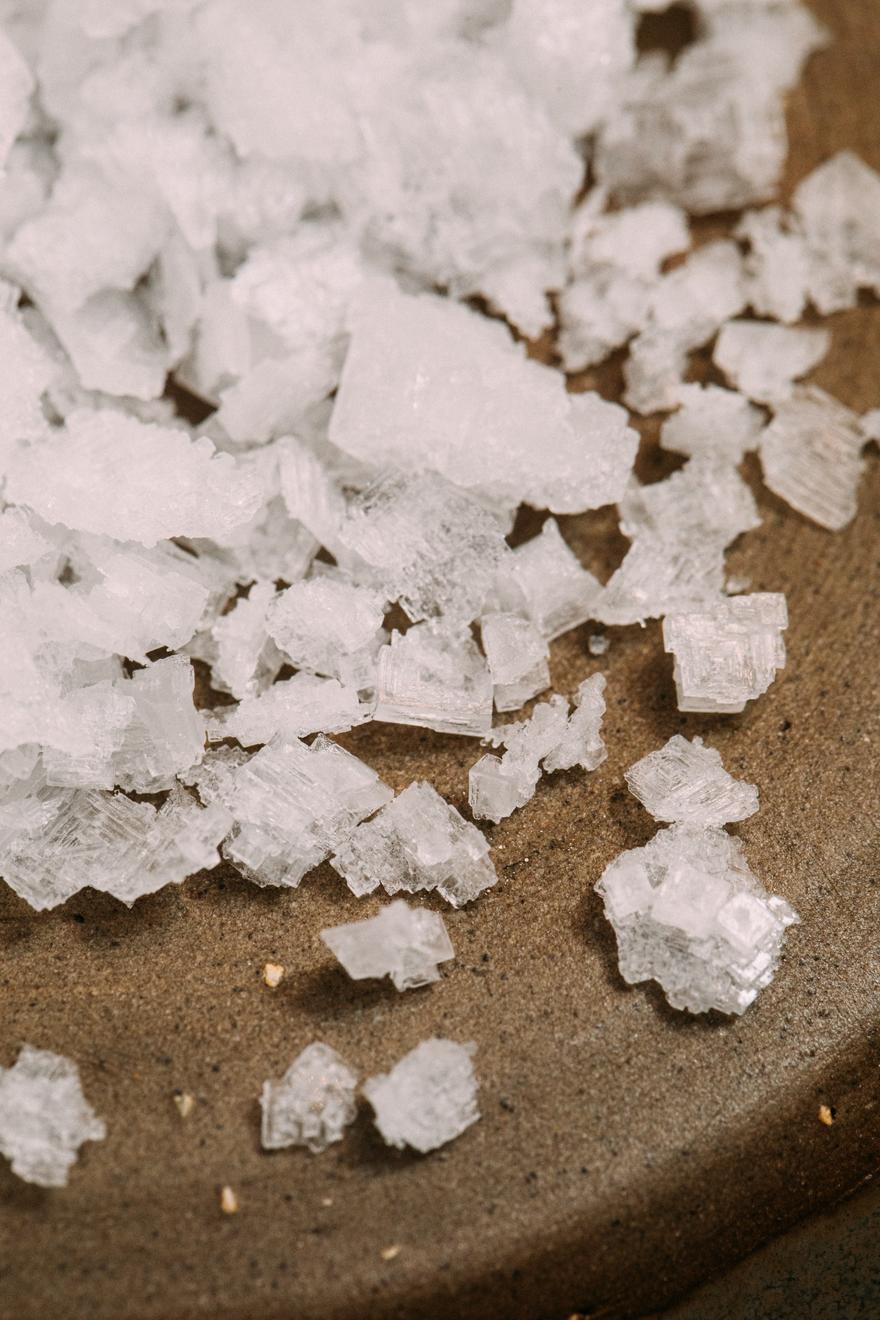
Now, before you say, "Sodium isnt all that bad..." You're right! It isn't!
It plays an essential role in keeping fluids and electrolytes in balance. It helps maintain blood volume, helps to contract and relax muscles, and supports the neurological system in sending nerve impulses around the body.
Too little sodium can actually be harmful to the body by causing an electrolyte imbalance resulting in dehydration, muscle cramps, and dizziness.
This is most often caused by excessive sweating without replenishing sodium along with water. However, dehydration can also result from changes in climate/altitude where your body isn't accustomed to the humidity or air pressure, having a "stomach bug," or drinking more than 4 standard alcoholic drinks.
By now most of you know that I am ALL about the hydration station, and encourage everyone to "Drink! Drink! Drink! Your! Water!" But sometimes drinking ONLY water after excessive sweating or other causes of dehydration is not helpful. Consider adding electrolyte powder like this one, or eating foods with natural sodium (more on that later).
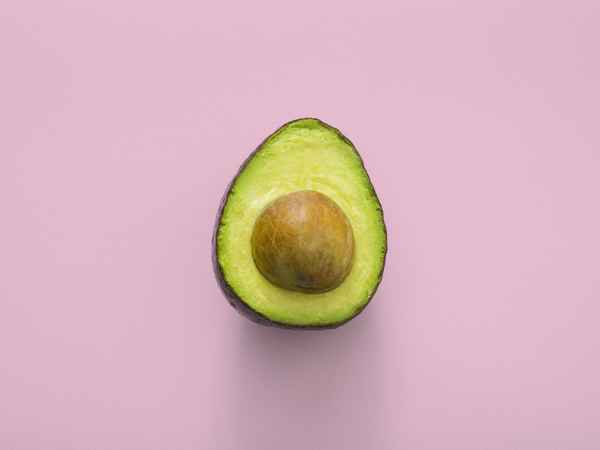
But this key nutrient is only needed in small amounts to keep muscles and nerve signals running smoothly.
The Recommended Daily Value is under 2300mg per day or equivalent of 1 tsp of table salt total.
Most people who follow a "Standard American Diet" consume about 3400 mg per day, almost 50% more than the upper limit!
The reason is sneaky sodium!
🥐 Some commercially produced foods that consumers often eat several times a day (such as breads, cereals, pastries) can add up to a lot of sodium over the course of a day, even if they do not taste salty.
75% of the sodium consumed by the average person is from salt ADDED to processed and manufactured foods.
🧂 15% comes from consumers adding it during cooking or at the table.
Only 10% of the sodium consumed by the average person comes from foods in their natural forms. The foods that naturally contain sodium are: celery and other vegetables, fresh fish, fresh (uncured/unprocessed) meats and dairy products. However, since they only contain minimal amounts, limiting these fresh foods is not recommended.
Common sources of added sodium to watch:
- Commercially produced baked goods - breads, pastas, muffins, cookies, pastries etc
- Pizza - ugh this one hurts the most. Pizza is the favorite food of most people in my house!
- Cold cuts and cured meats - "Low Sodium" can be acceptable.
- Soups and Broth/Stock - Low Sodium or No Salt Added can be acceptable, and then add minimal table salt or herbs and spices to enhance the flavor.
- Burritos and tacos - Even the shells/wraps!
- Salted snacks - obviously!
- Pre-cooked Poultry and Ham - Often processed with a salt solution and packaged with retained salt.
- Condiments like ketchup, soy sauce, Worcestershire, some salad dressings, etc.
- Restaurant foods - This one hurts too! I really like to cook, but LOVE when someone else cooks for me!
- Cottage Cheese - this is a sneaky one, and the amount of salt/sodium in each brand varies widely but can be surprisingly high! I always encourage you to check the labels, and find a few brands that have less than 15% of the daily value of sodium per serving or go with no salt added - which can occasionally be a challenge to find!
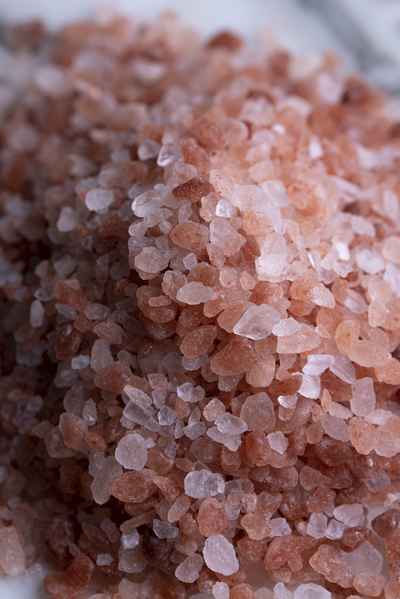
What about kosher salt, Himalayan Salt, or sea salt? Are they healthier?
Short answer: No.
They all have about the same amount of sodium. Himalayan and sea salts may contain trace amounts of other minerals, but not enough that you should go out of your way to add them to your food. Iodized table salt contains iodine, which is a mineral necessary for the production of thyroid hormones. Most sea salts or himalayan salts do not contain adequate amounts of this key mineral.
How can you optimize your sodium intake?
Most importantly: READ YOUR LABELS! Focus on eating fresh, whole (unprocessed or minimally processed) foods. These include fresh or frozen vegetables and fruits packaged without juice or sauces, fresh or frozen meats and fish without added salt, and fresh dairy.
Cooking at home can be very helpful. Replacing salt in recipes with herbs and (salt free/MSG free) spices can increase the flavor in your foods without increasing sodium. Cook with single-ingredient foods, instead of foods with lots of components.
Choose low-sodium products when you are buying processed foods from the list above.
Eating a diet rich in potassium can help to reduce the negative effects of a high sodium diet and balance sodium levels. Adequate potassium intake has been shown to reduce the risk of kidney stones, maintain bone health, and improve blood pressure.
Food sources of potassium include: bananas, apricots, leafy green vegetables, fish, avocados and prunes.
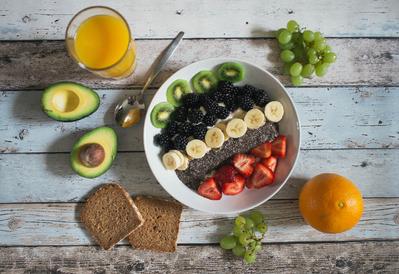
A few notes: As we always recommend, be mindful when selecting supplements, and watch for other sneaky ingredients like artificial color, artificial flavor, and artificial sweeteners. Electrolyte powder should ONLY be used when you have been sweating a lot, or for a long period of time, if you have some kind of a GI bug that's caused excessive vomiting - or going out the other way, if you are already dehydrated from a change in climate (or maybe you had a little too much to drink the night before).
*** Consuming popular name brand electrolyte replacement drinks and powders like when you are not dehydrated (or at specific risk of dehydration) can lead to high levels of sodium in the blood and actually have the opposite of the intended effect!!
Especially in children! Many brands contain artificial colors, artificial flavor and sugars and chemical sugar substitutes, which can interfere with absorption of the nutrients we actually DO need, cause neurological issues and hormone production disruption.
If you are looking for more guidance on reading labels, making changes to your eating habits, or just generally want to "feel better," reach out! Send us an email or schedule a call!
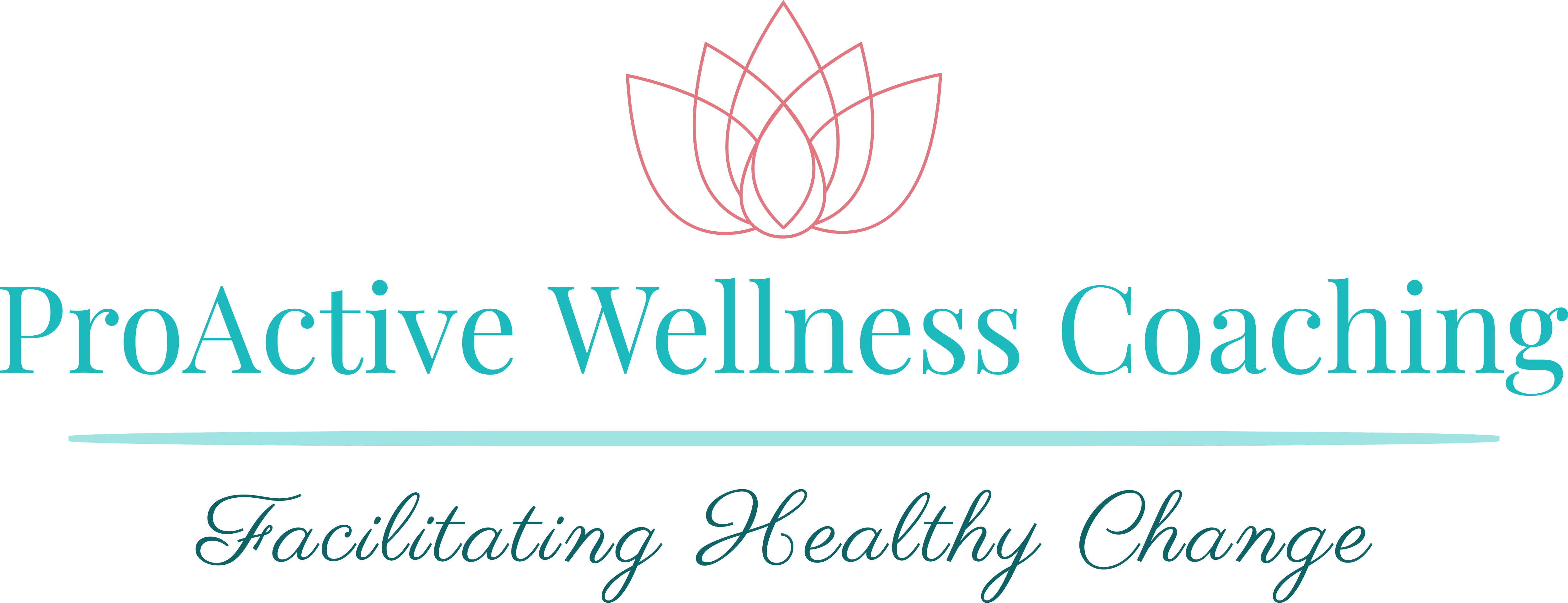
0 comments
Leave a comment
Please log in or register to post a comment